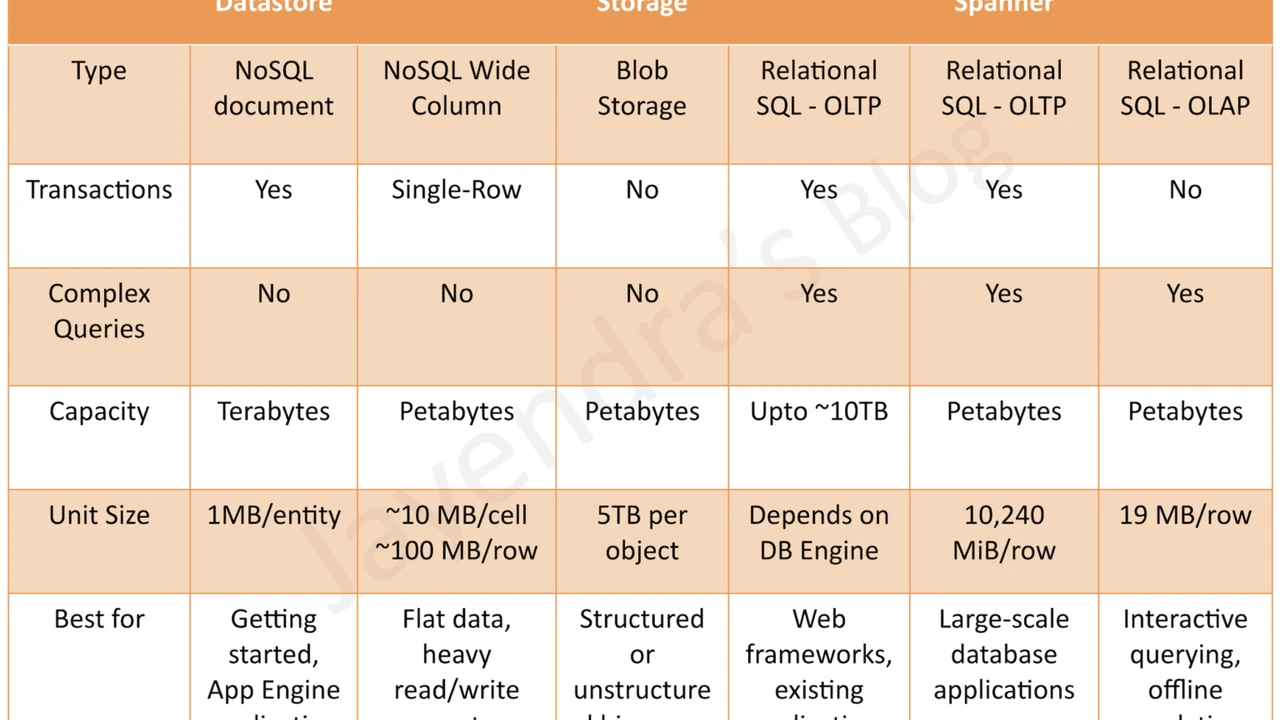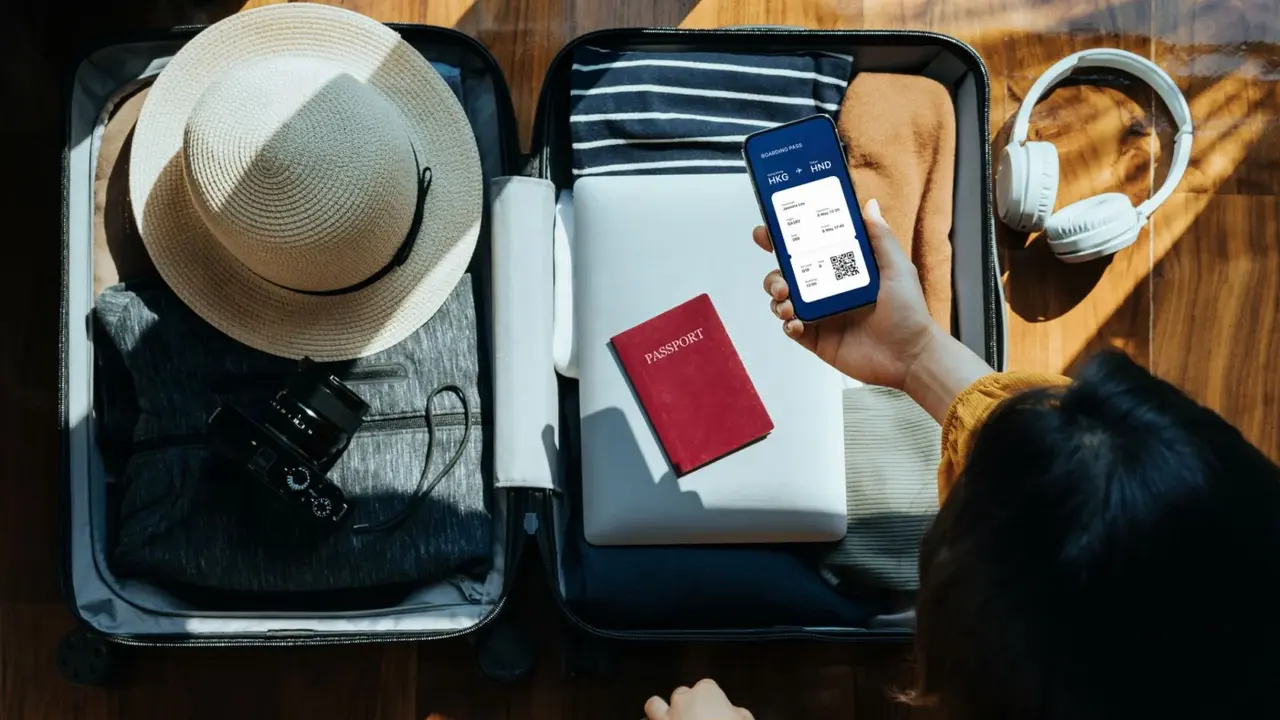Learning Local Languages
Immerse yourself in local cultures and enhance your travel experiences. This guide provides practical tips for engaging with local communities, respecting customs, and learning new languages. Deepen your understanding of the world.

Why Learn Local Languages as a Digital Nomad?
Okay, so you're jetting off to Southeast Asia, ready to conquer the world (or at least your inbox) from a beachside cafe. But have you considered picking up a bit of the local lingo? I know, I know, learning a new language can seem daunting. But trust me, it's a game-changer for your digital nomad experience. It's not just about ordering food (though that's definitely a perk!), it's about connecting with people on a deeper level and unlocking a whole new side of your destination.
Think about it: you're no longer just a tourist passing through. You're someone who's making an effort to understand the local culture and communicate with the people who live there. This opens doors to authentic experiences you'd never have otherwise. Plus, it shows respect and builds rapport, which can be incredibly helpful in navigating everyday situations, from bargaining at the market to getting insider tips from locals.
Benefits of Language Learning for Digital Nomads: Communication Skills & Cultural Understanding
Let's break down the benefits a bit further. First, improved communication. While English is widely spoken in tourist areas, venturing off the beaten path often requires some knowledge of the local language. Even a few basic phrases can go a long way in making connections and getting your needs met. Second, a deeper cultural understanding. Language is so intertwined with culture. By learning a language, you're also learning about the history, values, and customs of the people who speak it. This can lead to a richer and more meaningful travel experience.
And third, enhanced travel experiences. Imagine being able to chat with a local artisan about their craft, understand the lyrics of a traditional song, or navigate a bustling market with confidence. These are the kinds of experiences that stick with you long after you've returned home.
Best Languages to Learn in Southeast Asia for Remote Workers: Thai, Indonesian, Vietnamese
So, which languages should you focus on? Well, that depends on where you're planning to spend most of your time. But here are a few top contenders for Southeast Asia:
- Thai: Spoken in Thailand, a hugely popular digital nomad destination.
- Indonesian: The official language of Indonesia, a massive archipelago with diverse cultures and stunning landscapes.
- Vietnamese: Spoken in Vietnam, a country with a rich history, delicious food, and a rapidly growing digital nomad scene.
- Malay: Spoken in Malaysia, Singapore, Brunei and Indonesia, easy to grasp for English speakers.
Even learning just a few basic phrases in these languages can make a big difference in your interactions with locals.
Effective Language Learning Methods for Digital Nomads: Apps, Online Courses, Tutors
Now, how do you actually learn these languages? Luckily, there are tons of resources available, catering to different learning styles and budgets. Here are a few popular options:
- Language Learning Apps: Duolingo, Babbel, Memrise. These apps are great for building vocabulary and grammar skills in a fun and engaging way. They're also super convenient, as you can use them on your phone or tablet anytime, anywhere.
- Online Language Courses: iTalki, Coursera, Udemy. These platforms offer structured language courses taught by qualified instructors. They're a good option if you prefer a more traditional learning environment and want personalized feedback.
- Private Tutors: iTalki, Verbling. Working with a private tutor can be incredibly effective, as they can tailor the lessons to your specific needs and learning style. They can also provide valuable insights into the local culture and customs.
- Language Exchange Partners: HelloTalk, Tandem. These apps connect you with native speakers who are learning your language. You can practice speaking, writing, and listening skills while helping them improve their English.
- Immersion: The best way to learn is to just immerse yourself. Try to find a language partner, attend local events, and just start trying to speak. You'll make mistakes, but that's how you learn.
Recommended Language Learning Products and Tools for Travelers: Duolingo vs Babbel vs Memrise
Let's dive into some specific language learning products that are popular among digital nomads. I have used all of them and will give you my honest review.
Duolingo
Description: A free, gamified language learning app that covers a wide range of languages. It uses a bite-sized lesson format, making it easy to fit into your busy schedule.
Pros: Free, fun, and easy to use. Great for building vocabulary and grammar skills.
Cons: Can be repetitive, not as effective for developing conversational skills.
Use Case: Perfect for beginners who want to get a basic understanding of a language before traveling.
Pricing: Free (with ads), Duolingo Plus ($6.99/month) for ad-free access and offline lessons.
Babbel
Description: A subscription-based language learning app that focuses on practical conversation skills. It uses real-life dialogues and interactive exercises to help you learn how to communicate in everyday situations.
Pros: Focuses on practical conversation skills, structured lessons, high-quality audio.
Cons: Subscription-based, can be expensive compared to free options.
Use Case: Ideal for learners who want to quickly develop conversational skills for travel or business.
Pricing: Subscription-based, ranging from $11.19/month (for a single month) to $6.99/month (for a 12-month subscription).
Memrise
Description: A language learning app that uses spaced repetition and mnemonic devices to help you memorize vocabulary and grammar. It also features user-generated content, allowing you to learn from native speakers.
Pros: Effective for memorizing vocabulary, spaced repetition system, user-generated content.
Cons: Can be less structured than other apps, less emphasis on grammar.
Use Case: Best for learners who want to build a strong vocabulary base and learn from native speakers.
Pricing: Free (with limited features), Memrise Pro ($8.99/month) for full access.
Language Learning in Practice: Real-Life Scenarios and Travel Experiences
Okay, enough theory. Let's talk about how language learning can play out in real-life scenarios during your digital nomad adventures. Imagine you're in a bustling market in Chiang Mai, Thailand. You want to buy some delicious mango sticky rice, but you're not sure how much it costs. Instead of just pointing and hoping for the best, you can use your newfound Thai skills to ask, \"Ra-ka tao-rai?\" (How much?). The vendor will likely be impressed by your effort and give you a fair price. Plus, you'll have a more authentic and enjoyable interaction.
Or picture yourself lost in a remote village in Bali, Indonesia. Your phone has died, and you need to ask for directions. Instead of relying on Google Maps, you can use your Indonesian skills to ask a local, \"Permisi, di mana jalan ke...?\" (Excuse me, where is the way to...?). They'll probably be happy to help you and might even offer to show you the way. These are the kinds of moments that make travel so rewarding.
Tips for Staying Motivated and Consistent with Language Learning: Setting Goals & Finding Partners
The key to successful language learning is staying motivated and consistent. Here are a few tips to help you stay on track:
- Set realistic goals: Don't try to learn everything at once. Start with a few basic phrases and gradually build your knowledge over time.
- Find a language partner: Learning with a friend or tutor can make the process more enjoyable and keep you accountable.
- Incorporate language learning into your daily routine: Listen to podcasts, watch movies, or read books in your target language.
- Reward yourself: Celebrate your progress with small rewards, such as treating yourself to a delicious meal or taking a weekend trip to a new destination.
- Don't be afraid to make mistakes: Everyone makes mistakes when learning a new language. The important thing is to keep practicing and learning from your errors.
Overcoming Language Learning Challenges: Pronunciation, Grammar, Cultural Nuances
Of course, language learning isn't always easy. You'll likely encounter challenges along the way, such as difficult pronunciation, confusing grammar rules, and subtle cultural nuances. But don't let these challenges discourage you. Embrace them as opportunities to learn and grow.
For pronunciation, try listening to native speakers and imitating their sounds. For grammar, focus on understanding the basic rules and practicing them in context. And for cultural nuances, be observant and ask questions. The more you immerse yourself in the culture, the better you'll understand the subtle nuances of the language.
The Last Word: Embracing the Journey of Language Learning
Learning a local language as a digital nomad is an investment in yourself and your travel experiences. It's not just about acquiring a new skill; it's about opening doors to new cultures, forging meaningful connections, and deepening your understanding of the world. So, embrace the journey, be patient with yourself, and enjoy the process of learning. You might be surprised at how much you discover along the way. Good luck, and happy travels!
:max_bytes(150000):strip_icc()/277019-baked-pork-chops-with-cream-of-mushroom-soup-DDMFS-beauty-4x3-BG-7505-5762b731cf30447d9cbbbbbf387beafa.jpg)






